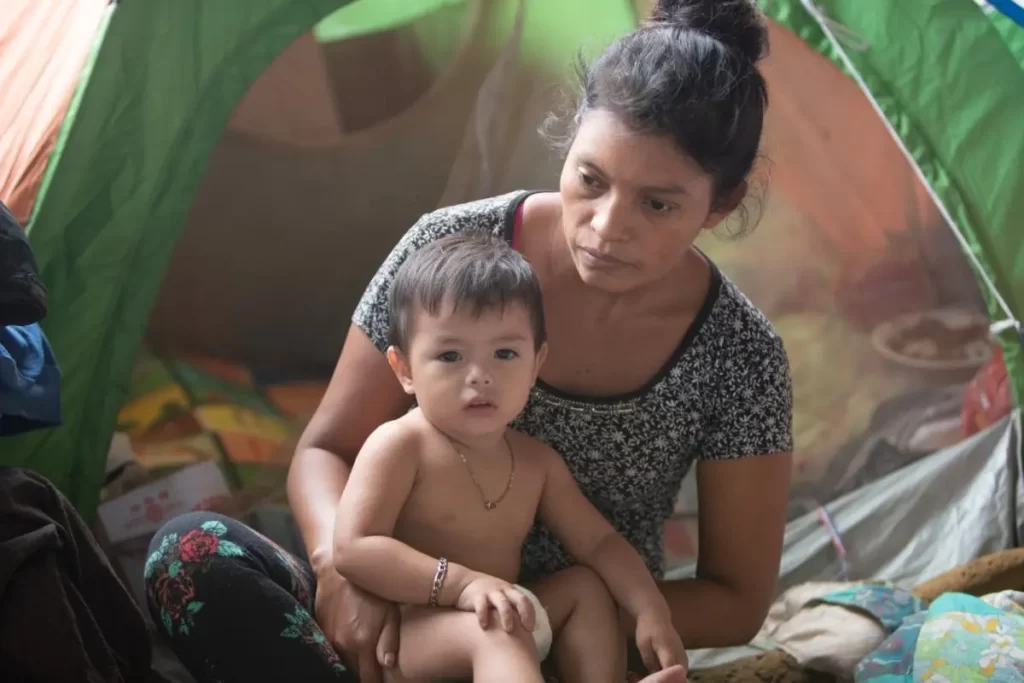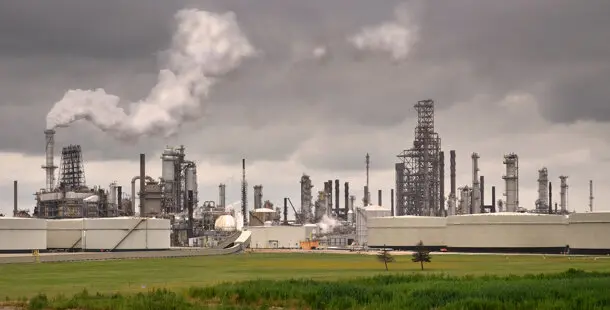“Let us come together and influence how money is invested in response to the existential threat of climate change,” said WCC acting general secretary Rev. Prof. Dr Ioan Sauca in launching the appeal. “Family money, church money, a company’s money, a nation’s money. We need everyone to take this step for a sustainable future for our children.”
The findings of the latest IPCC report released on 4 April dramatize the critical urgency of this challenge. Therefore the joint appeal calls upon financial service providers to take urgent and effective action to transition out of fossil fuel financing and to invest in renewable energies and research for climate solutions.
“Accordingly we, leaders of the undersigned organisations, affirm our commitment to engaging with the financial institutions through which we bank, invest, and seek insurance coverage, to ensure that our financial dealings are aligned with the Paris Agreement objective of limiting global warming to 1.5° C,” the appeal reads. “We will review our pension, banking, insurance and other financial service arrangements to ensure evidence-based accountability in this regard, as a moral imperative and responsibility to all children and the living world.”
The appeal calls upon financial service providers to require “oil and gas companies to stop all new development or expansion projects…including especially all such projects in the Arctic region,” and to join “the UN-convened Net Zero Asset Owner, Banking and/or Insurance Alliances, depending on the type of financial institution concerned, if they are not yet part of them.”
The text concludes by inviting “all members of our constituencies and all our partners to do likewise, so that together we may move beyond words to effective action, and be the change for which we call.”
UN secretary-general António Guterres welcomed the initiative. “For too long, the financial services sector has enabled the world’s fossil fuel addiction,” he said. “It is now time for financial service providers to accelerate the shift to renewables. They have the power – and the responsibility,” said Guterres. “The scientific and moral imperative is clear: there must be no new investment in fossil fuel expansion, including production, infrastructure and exploration.”
Guterres added: “This year, all private financiers need to stop funding the entire coal sector, from mining to power generation, and actively shift finance to renewables. People, communities and organizations of faith have the influence needed to effect this transition. I welcome this important faith-based initiative.”
All partners, organisations and citizens who care about children are invited to endorse the statement by writing to churchesforchildren@wcc-coe.org and to raise awareness about the resources shared in it. A webinar will be held on 20 May at 15.00 CEST to provide capacity building around the actions proposed in the statement.
Climate-Responsible Finance – a Moral Imperative towards Children
In October 2021, an inter-religious message and appeal acknowledged the need to align financial investments with environmentally and socially responsible standards, ensuring greater accountability and transparency, and moving away from investments in fossil fuels and toward investments in renewable energy and restorative agriculture.1
Accordingly, we, leaders of the undersigned organisations, affirm our commitment to engaging with the financial institutions through which we bank, invest, and seek insurance coverage, to ensure that our financial dealings are aligned with the Paris Agreement objective of limiting global warming to 1.5°C.
In response to the gravity of the Intergovernmental Panel on Climate Change’s 6th Assessment Report, we expect all financial service providers working for our organisations to ensure their activities are promoting a just transition to a sustainable future and not contributing to the climate crisis and harming vulnerable populations, children and future generations of life on earth. As documented by UNICEF, one billion children at ‘extremely high risk’ of the impacts of the climate crisis”2
We ask our financial service providers to invest in renewable energies and innovative environmental solutions that are sustainable for people, communities and ecosystems.
We will review our pension, banking, insurance and other financial service arrangements to ensure evidence-based accountability in this regard, as a moral imperative and responsibility to all children and the living world.
We call upon our financial service providers to take urgent and effective action to transition out of fossil fuel financing – in line with decarbonisation pathways as established by the scientific community1 – while positioning investment portfolios in ways that will help to meet net-zero GHG emissions by 2050, by
- investing in renewable energies and research for climate solutions
- adopting a commitment to fully phase-out financial services and exposure to coal no later than 2030 for European Union and the Organisation for Economic Co-operation and Development Member States, and no later than 2040 worldwide, and requesting a corresponding, dated phase-out commitment from all coal-linked companies remaining in their portfolios.
- ending all financing towards any new oil and gas projects exploration and extraction projects, as established by the latest climate change mitigation science and modelling.3
- requiring oil and gas companies to stop all new development or expansion projects beyond 2022, including especially all such projects in the Arctic region.
- joining the UN-convened Net Zero Asset Owner, Banking and/or Insurance Alliances4, depending on the type of financial institution concerned, if they are not yet part of them. We urge the financial institutions working with our organisations to regularly report on progress, including establishing intermediate targets every five years5 in line with the Paris Agreement Article 4.9.
We invite all members of our constituencies and all our partners to do likewise, so that together we may move beyond words to effective action and be the change for which we call.
Rev. Prof. Dr Ioan Sauca
Acting General Secretary
World Council of Churches
Eric Usher
Director
UNEP Finance Initiative
Prof. Dr. Iyad Abu Moghli,
Director
UNEP Faith for Earth
Dr. Sultan Alrumithi
Secretary-General
Muslim Council of Elders
Rabbi Joseph Potasnik
Executive Vice-President
The New York Board of Rabbis
Annex:
1: https://www.oikoumene.org/resources/documents/faith-and-science-an-appeal-for-cop26
2: https://www.unicef.org/press-releases/one-billion-children-extremely-high-risk-impacts-climate-crisis-unicef
3: As per, among other landmark compilations, IPCC’s Special Report 1.5C no/low overshoot pathways, including its renewed forthcoming release in March 2022, and the IEA’s 2021 net-zero by 2050 roadmap.
4: These Alliances provide capacity building to undertake time-bound and effective steps to transition investment portfolios to net-zero GHG emissions by 2050
5: With the first such intermediary targets being set for, and attained in, ideally 2025, but no later than 2030.
Resources to support alignment with the Paris Accords:
* for asset owners: https://www.unepfi.org/net-zero-alliance/
* for banks: https://www.unepfi.org/net-zero-banking/
* for insurers: https://www.unepfi.org/net-zero-insurance/

Maria holds her son Isaac under the overpass at Chamelecón, along with hundreds of others her house was washed away and she lost all her belongings. Hurricanes Eta and Iota hit hard on the north coast of Honduras, leaving some areas flooded for three weeks, destroying people’s furniture, belongings, vehicles and houses as well as standing crops.
Source
Logo Source
Image Credit: © Richard Hurd, flickr, Sean Hawkey/Life on Earth Pictures
Tags: Climate responsible finance

